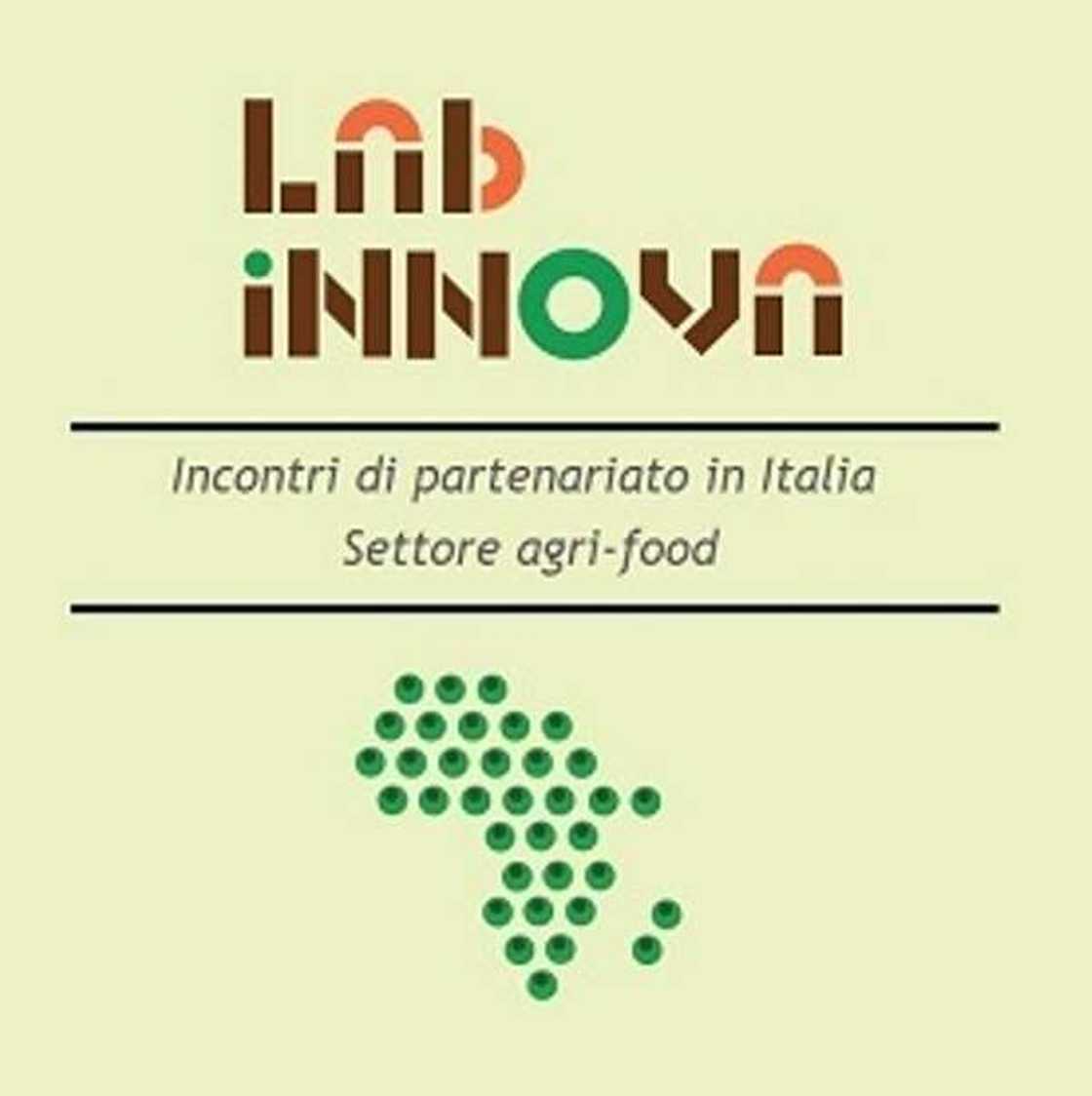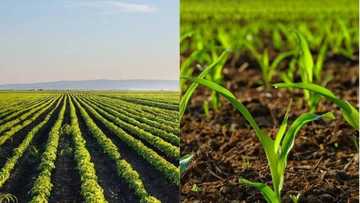The Future of Skills - Key Highlights From the E-lab Innova Training for Agribusinesses in Nigeria
Agriculture is integral to emerging market economies. According to the International Finance Corporation (IFC), it accounts for as much as 65% of employment and 32% of output in Africa. However, as economies expand and production shifts to manufacturing and services, agriculture’s share of employment and GDP decreases. At the same time, the broader agribusiness industry—business activities performed “from farm to fork”, is playing a more important role in growth and development. Thus, many countries have found that investing in agribusiness poses several benefits such as increased food security and nutrition, sustainability, employment opportunities and income.

Source: UGC
Agrifood structures are undergoing a profound transformation driven by several trends such as urbanization, globalization, technological innovation and even expansion of food markets and trade. According to the Food and Agriculture Organization of the United Nations (FAO), dealing with these changes requires a perspective that builds on the agrifood value chain operations. At the recently concluded E-Lab Innova Training program for the agri-food sector in Nigeria, which was being implemented by the Italian Trade Agency (ITA) in partnership with the Nigerian Export Promotion Commission (NEPC) alongside other Italian partners, participants were given the opportunity to gain technical and managerial skills to shift from agriculture to largescale agribusiness.
The five-week virtual training featured CEOs of 40 high-potential companies active in the production of foods specifically tropical fruits and nuts such as mango, pineapple, shea nuts, cashew nuts and groundnuts who received insights on agribusiness operations to prepare them for integration into the value chain of European Union markets. Here are some highlights from some sessions held:
Competing on a global scale
Ultimately, the aim is to go from seed to supermarket shelves as an agribusiness owner. However, have you wondered how to achieve this on a larger scale? Possibly, even global! At the training, participants were equipped on building a good strategy to increase their competitiveness on a global scale. The major steps to mapping this out include the evaluation of your capabilities as a company while analyzing the market needs and how your company can meet this need, keeping in mind that this strategy must be aligned with organizational goals. Agribusinesses can also achieve higher levels of global success by improving agricultural value chains, from the initial land and seed required, all the way to marketing and final distribution.
Developing an effective supply chain management and agrifood logistics
Logistics connect every link along the food value chain and are a critical driver of competitiveness and sustainable economic development.
Agrifood Supply Chain is comprised by a set of chronological operations such as the input supply, production, postharvest, storage, processing, marketing and distribution, food services, and consumption – literally following from the farmer to end customer. The training on this at the E-Lab Innova granted participants an understanding of efficiency and responsiveness in Agrifood supply chains. The agri-food supply chain can be complicated with the nature of its fragmented inbound and outbound networks. An example can be drawn from agricultural products such as vegetables, fruits or meat products who rely increasingly on optimized logistical systems for a competitive edge. It was also deduced that technological innovation is now playing a key role in optimizing the agrifood supply chain by using digital procedures and data analytics which could potentially lead to savings on the cost of moving crops. This includes all elements of the supply chain such as production, taking inventory, transportation of goods, storage and points of sale for finished products. By doing this you can create a virtual representation to provide you with real-time updates and adjust this to include functions such as tracking inventory, cycle time, profit and much more depending on your company’s needs.
Practising sustainable agribusiness
Whilst this might seem like a growing concept, the E-Lab Innova training highlighted that it is essential for agribusiness to understand ways to achieve this and how improving the sustainability of food value chains can be of great benefits. In agribusiness, sustainability takes on several facets and practices incorporate principles such as the needs of the people, profitability and promotion of a sound, healthy environment (social, economic and environmental). One of the main solutions discussed to achieve this is to connect with smallholder farmers as an agribusiness - this will create employment opportunities, introduce new/safer/more quality standards of production. Other solutions stem from employing sustainable farming methods such as crop diversification and integration and adopting agroforestry.
Participants were thrilled to have attended the training – CEO of Agroplexi said: “E-Lab Innova program is the first structured training I have ever attended focusing on international market expansion, it was a great eye-opener for me and my team with the array of experienced and professional tutors who facilitated the training as well as first-hand information from well-established companies from the Italian business community, the program was insightful and hope to be part of any other program that can help us grow in the future.”
As a follow up to the training sessions, a selection of the Nigerian participating companies will attend the MACFRUT trade fair set to take place in Italy in September 2021, thus giving them the possibility to participate as exhibitors to a major international trade event focused on the agribusiness value chain. Interestingly it is a concrete opportunity for them, to establish new connections with clients and suppliers.
Overall, the E-Lab Innova training was impactful in creating awareness about the international markets to Nigerian agribusinesses, establishing connections which will, in turn, permit the acquisition of international certification, empowering businesses for the expansion of their network of partners on an international scale and most importantly with regards to Italy and European markets.
[Sponsored]
Source: Legit.ng





